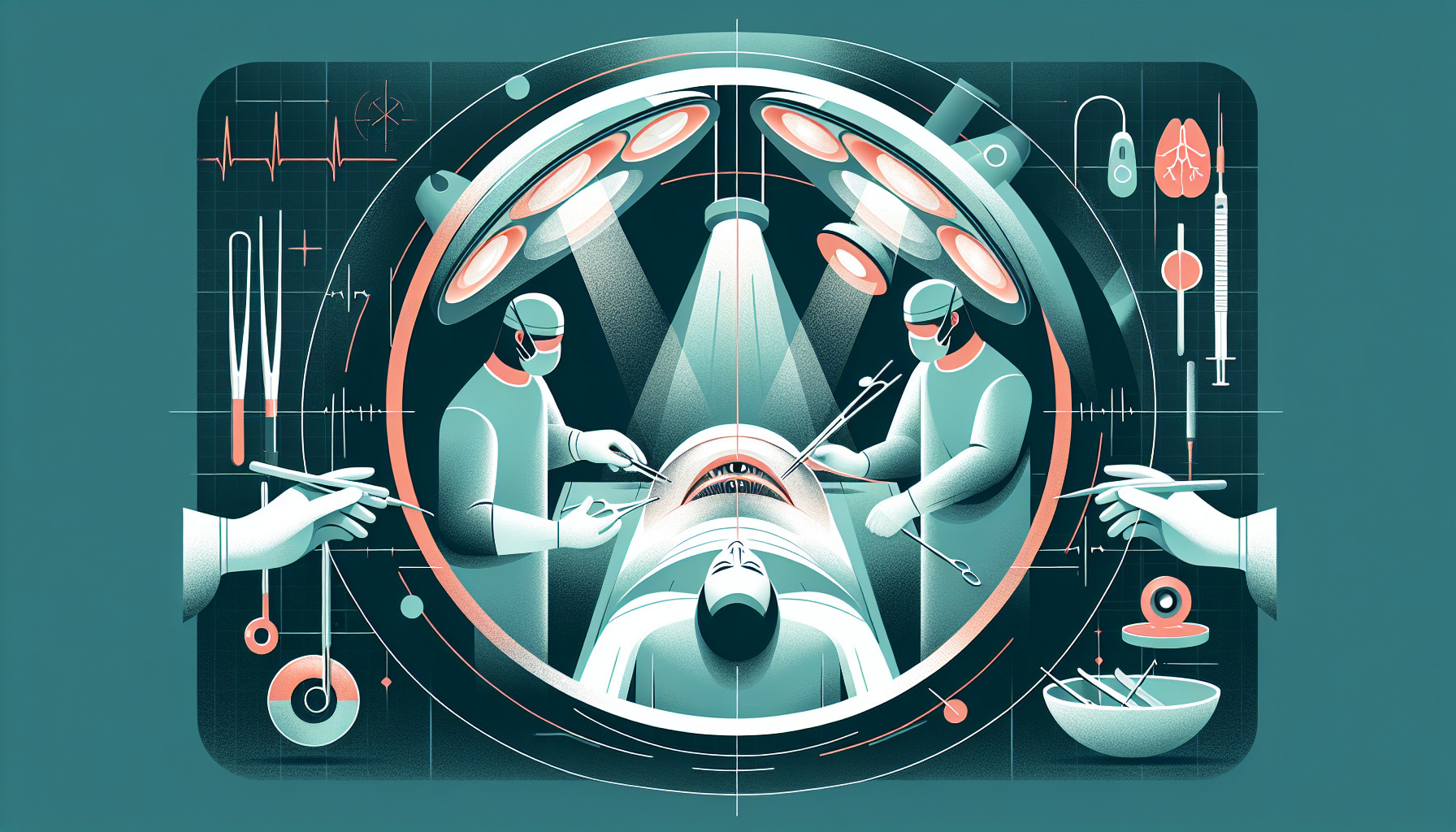Our Summary
This research paper is about whether using certain eye drops (prostaglandin analogues or PGAs) around the time of cataract surgery increases the risk of developing a specific type of eye swelling (cystoid macular edema or CME). The researchers reviewed a number of studies on this topic and found that continuing to use PGAs during the time of cataract surgery did not increase the risk of subclinical macular edema (a type of swelling that does not cause symptoms) compared to stopping the use of these drops. Furthermore, they found that using PGAs did not increase the risk of developing CME compared to using other types of glaucoma medication. Therefore, they concluded that for patients without any known risk factors for CME, there is no significant benefit in stopping the use of PGAs during the time of cataract surgery to reduce the risk of postoperative CME. However, the researchers note that more high-quality studies are needed to confirm these findings.
FAQs
- Does the use of prostaglandin analogues (PGAs) around the time of cataract surgery increase the risk of developing cystoid macular edema (CME)?
- Is there any significant benefit in ceasing the use of PGAs during cataract surgery to reduce the risk of postoperative CME?
- Are more high-quality studies required to confirm the findings about the effects of PGAs on the risk of CME during cataract surgery?
Doctor’s Tip
One helpful tip a doctor might tell a patient about cataract surgery is to follow the pre-operative and post-operative instructions carefully, including any medication regimen prescribed by the doctor. It is important to communicate with your doctor about any eye drops or medications you are currently using to ensure the best possible outcome for your surgery.
Suitable For
Patients who are typically recommended cataract surgery are those who have significant visual impairment due to cataracts that cannot be corrected with glasses or contact lenses. Common symptoms of cataracts include blurry vision, glare, difficulty with night vision, and decreased color perception. Additionally, patients with cataracts may experience difficulty with daily activities such as reading, driving, or recognizing faces.
Other factors that may indicate a need for cataract surgery include:
- Cataracts affecting both eyes
- Cataracts causing significant interference with daily activities or work
- Cataracts causing difficulty with activities such as driving, reading, or watching television
- Cataracts causing problems with depth perception or judging distances
- Cataracts causing frequent changes in eyeglass prescription
It is important for patients considering cataract surgery to discuss their symptoms and visual needs with their eye care provider to determine if surgery is the best option for improving their vision and quality of life.
Timeline
Before cataract surgery:
- Patient is diagnosed with cataracts by an eye doctor during a routine eye exam.
- Patient undergoes preoperative testing and measurements to determine the appropriate lens implant for the surgery.
- Patient discusses the surgery, risks, benefits, and expectations with their eye surgeon.
- Patient may be advised to stop taking certain medications before surgery that could affect the procedure or recovery.
- Patient may be instructed to use eye drops to prepare the eye for surgery and prevent infection.
After cataract surgery:
- Patient undergoes the surgical procedure, which typically takes less than an hour and is performed on an outpatient basis.
- Patient may experience blurry vision, sensitivity to light, and mild discomfort immediately after surgery.
- Patient is instructed to use prescribed eye drops to prevent infection and promote healing.
- Patient may have follow-up appointments with their eye surgeon to monitor healing and vision improvement.
- Patient may be advised to avoid certain activities, such as heavy lifting or swimming, for a period of time after surgery.
- Patient gradually experiences improved vision over the following weeks as the eye heals and adjusts to the new lens implant.
What to Ask Your Doctor
- What is the success rate of cataract surgery in general and specifically for my individual case?
- What are the potential risks and complications associated with cataract surgery?
- How long is the recovery process after cataract surgery and what can I expect in terms of visual improvement?
- Will I need to wear glasses or contact lenses after cataract surgery?
- Are there any lifestyle changes or precautions I should take before or after cataract surgery?
- Do I need to stop taking any medications or supplements before the surgery?
- Will I need any additional tests or evaluations before the surgery?
- What type of intraocular lens (IOL) will be used during the surgery and how will it affect my vision?
- What is the difference between traditional cataract surgery and laser-assisted cataract surgery?
- Should I continue using my current eye drops, including PGAs, leading up to the surgery?
Reference
Authors: Özyol E, Özyol P, Günel-Karadeniz P. Journal: Semin Ophthalmol. 2023 Jul;38(5):490-497. doi: 10.1080/08820538.2023.2170716. Epub 2023 Jan 26. PMID: 36703301
